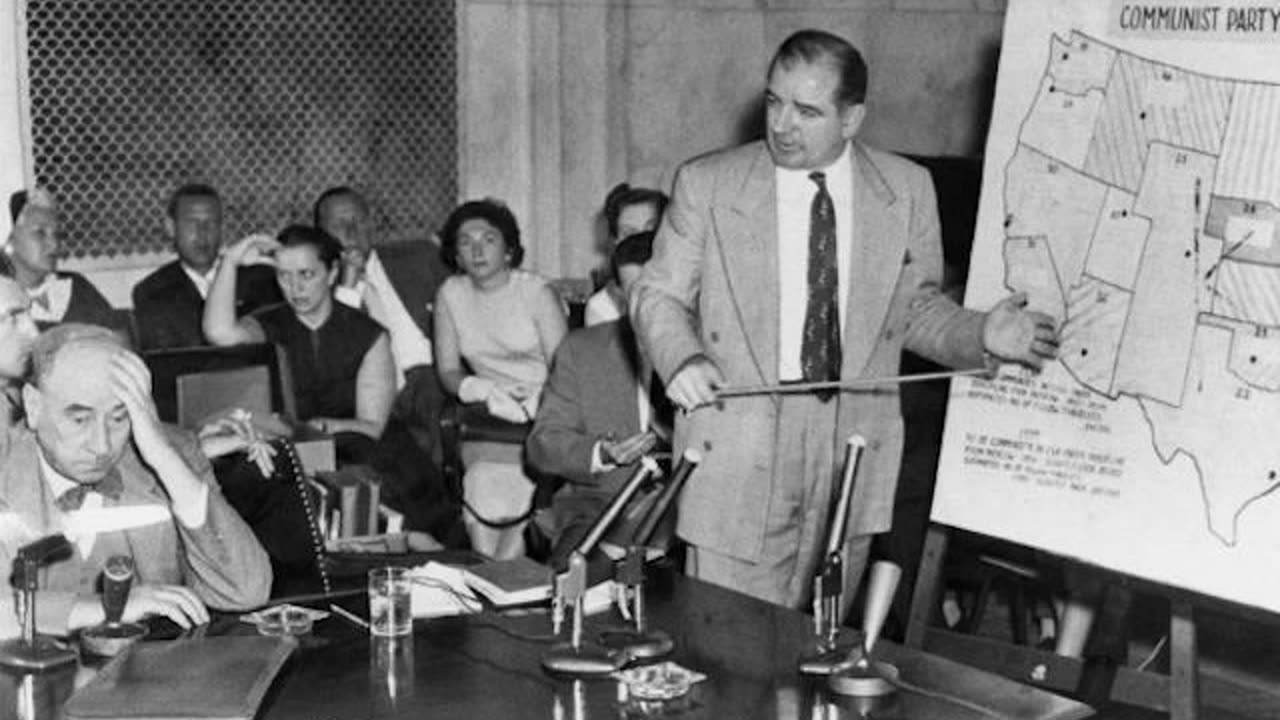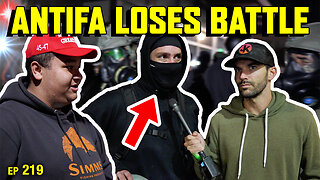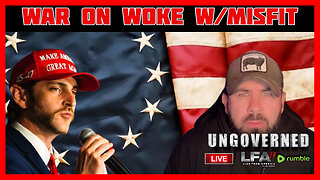Premium Only Content

McCarthyism Explained
McCarthyism refers to a period of intense anti-communist suspicion and persecution in the United States during the early 1950s. It is named after Senator Joseph McCarthy, who played a prominent role in fueling the fear and paranoia surrounding communism.
McCarthyism emerged in the context of the Cold War, a geopolitical conflict between the United States and the Soviet Union. During this time, there was a widespread concern in the United States about the potential infiltration of communist spies and sympathizers within American society. McCarthy capitalized on these fears and claimed to possess a list of individuals within the U.S. government who were allegedly members of the Communist Party.
Using his position as chairman of the Senate Permanent Subcommittee on Investigations, McCarthy conducted high-profile hearings, known as the McCarthy hearings, to expose suspected communists. He employed aggressive and bullying tactics, making unsubstantiated accusations and creating an atmosphere of fear and suspicion. The accused individuals were often subject to public humiliation and had their reputations ruined, even if there was no concrete evidence of their involvement with communism.
McCarthyism had a chilling effect on freedom of speech, as many people were afraid to express dissenting opinions or associate with organizations that might be labeled as communist. It led to the blacklisting of numerous individuals in the entertainment industry, academia, and government, preventing them from finding employment or damaging their careers irreparably.
The McCarthy era began to decline in 1954 when McCarthy accused the U.S. Army of harboring communists, leading to televised hearings that exposed his tactics and damaged his credibility. The Senate ultimately censured McCarthy for his conduct, and he died in 1957.
McCarthyism remains a significant chapter in American history, often cited as an example of the dangers of political repression, the power of fearmongering, and the importance of safeguarding civil liberties, even in times of heightened tensions.
-
 LIVE
LIVE
Wendy Bell Radio
5 hours agoOh SNAP
7,558 watching -
 29:17
29:17
James Klüg
17 hours agoMAGA and Antifa CLASH at Portland ICE Facility
4455 -
 LIVE
LIVE
Total Horse Channel
15 hours ago2025 IRCHA Derby & Horse Show - October 30th
63 watching -
 LIVE
LIVE
The Mike Schwartz Show
12 hours agoTHE MIKE SCHWARTZ SHOW with DR. MICHAEL J SCHWARTZ 10-30-2025
3,687 watching -
 1:09:40
1:09:40
Chad Prather
14 hours agoLiving for Glory in a Godless World!
41.8K13 -
 LIVE
LIVE
LFA TV
13 hours agoLIVE & BREAKING NEWS! | THURSDAY 10/30/25
3,090 watching -
 LIVE
LIVE
DynastyXL
4 hours agoThanks for a great stream fam enjoy these previously recorded streams until tonight <3
119 watching -
 22:30
22:30
LouHolly
12 hours ago $33.89 earnedThe SNAP Benefits Crisis Is Revealing A REAL Issue
31.6K43 -
 8:22
8:22
Demons Row
14 hours ago $22.38 earnedOutlaw Motorcycle Club Scares Antifa In Portland, Now They Face RICO Charges 💀🏍️
20.5K30 -
 36:02
36:02
Lady Decade
17 hours ago $6.61 earnedI Need To Get A Real Job
17.4K16